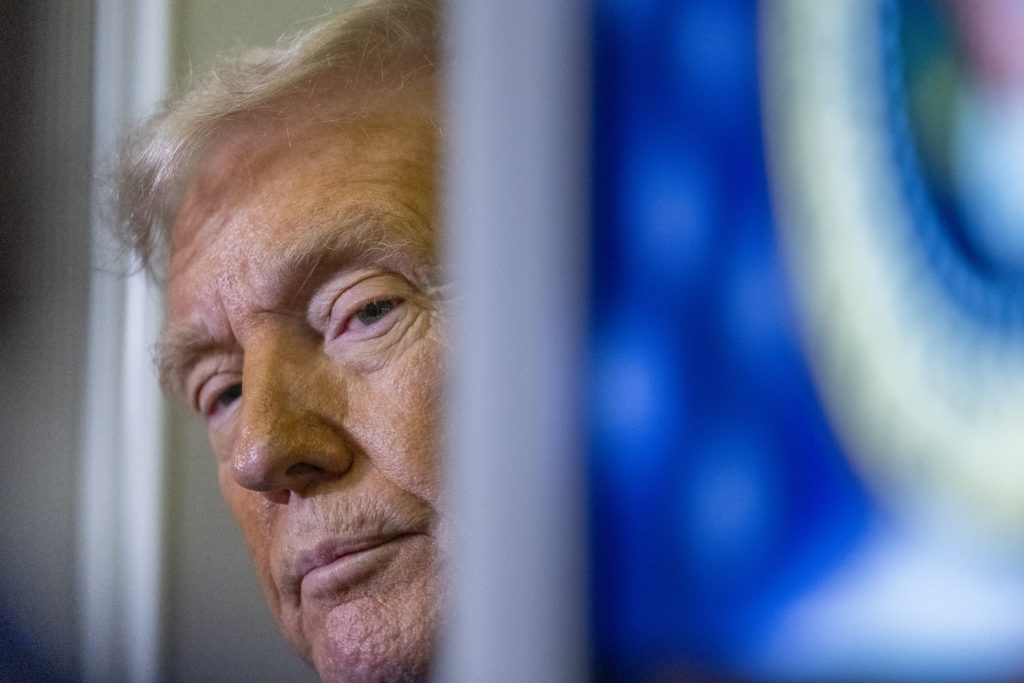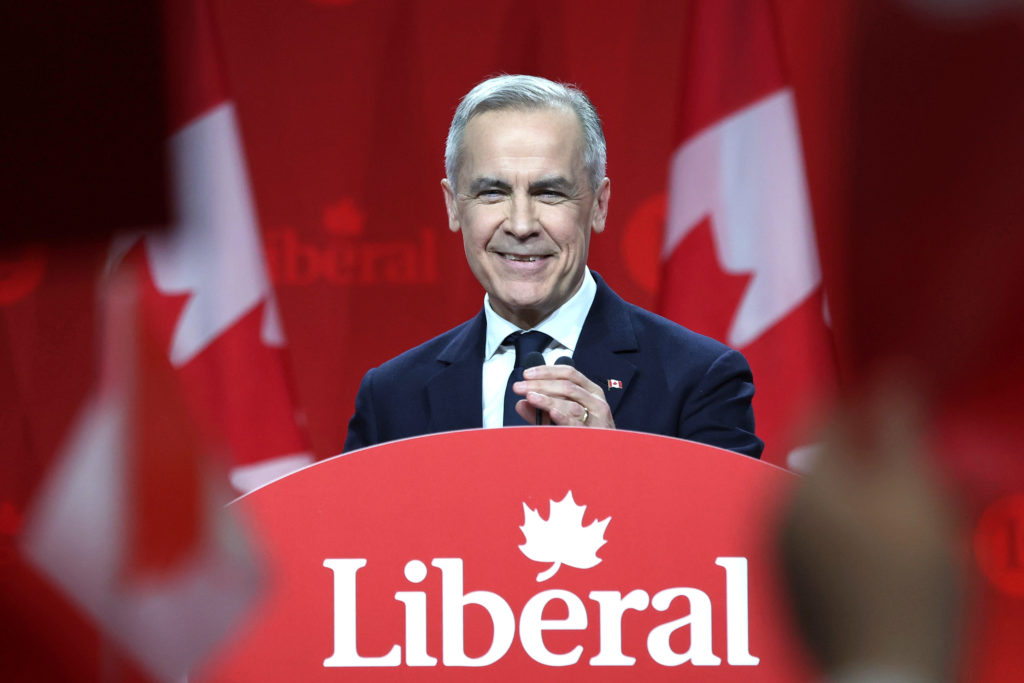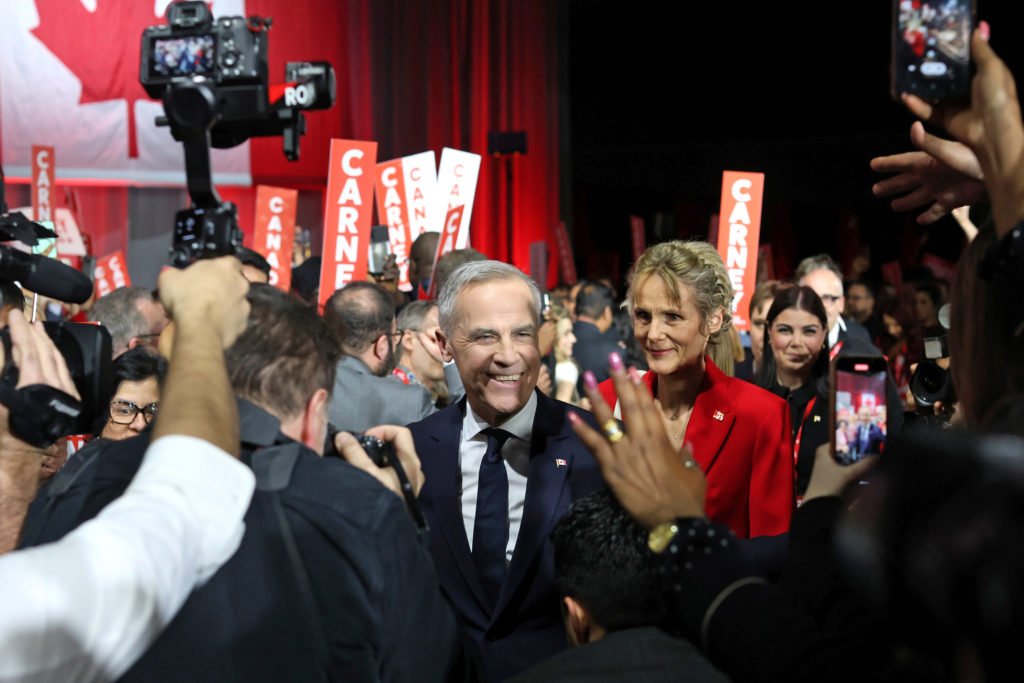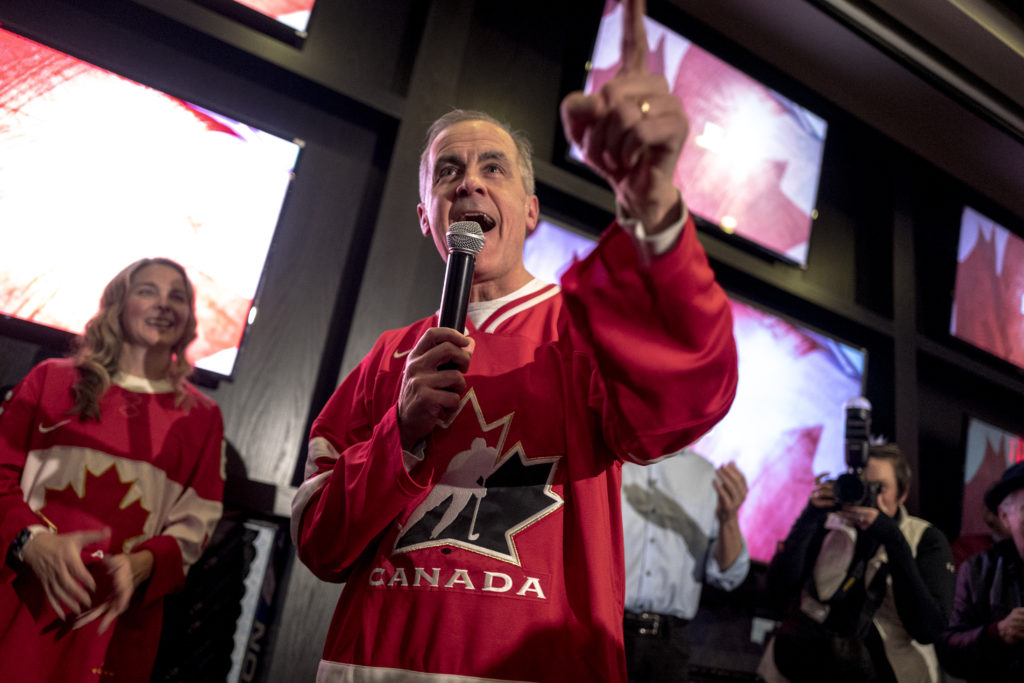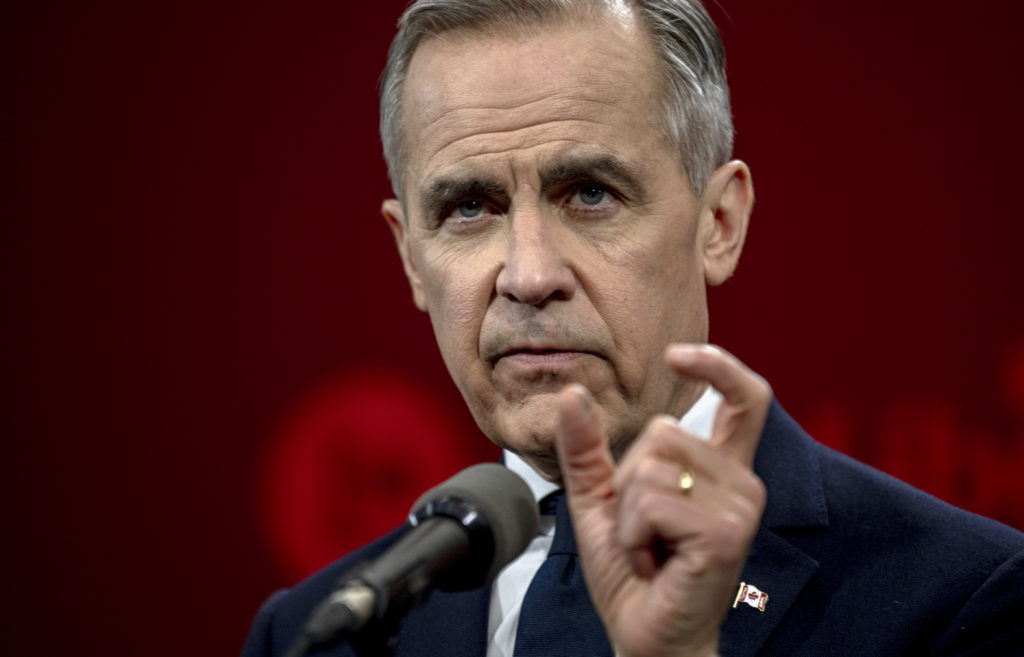Trump may rethink plans to double Canada steel, aluminum tariffs
US President Donald Trump said Tuesday he would “probably” reconsider doubling planned tariffs on Canadian steel and aluminum, hours after announcing the sharp hike.Trump’s step up to 50 percent levies initially came after the Canadian province of Ontario imposed an electricity surcharge on three US states who buy it — but Ontario has suspended this …
Trump may rethink plans to double Canada steel, aluminum tariffs Read More »

